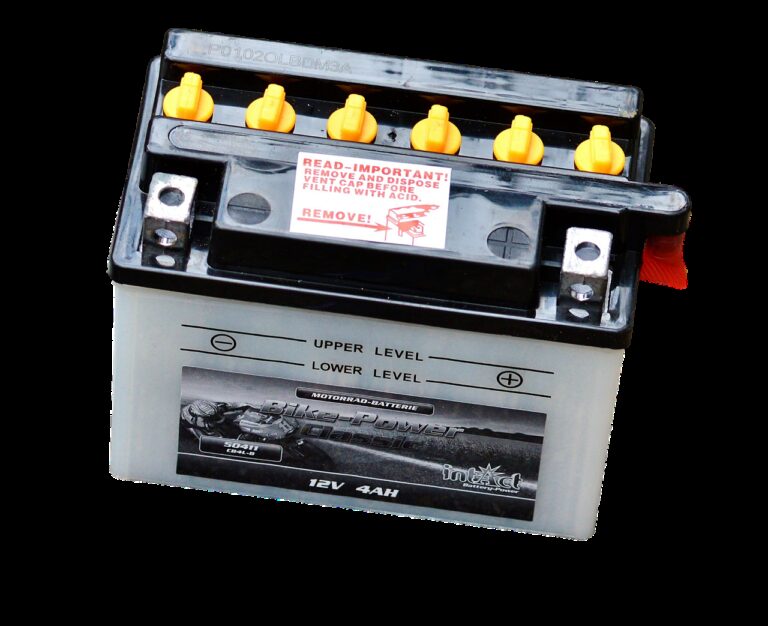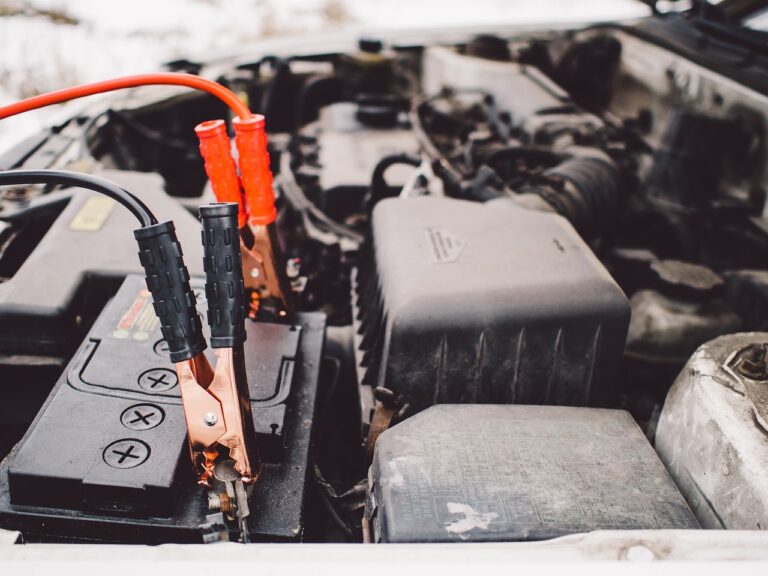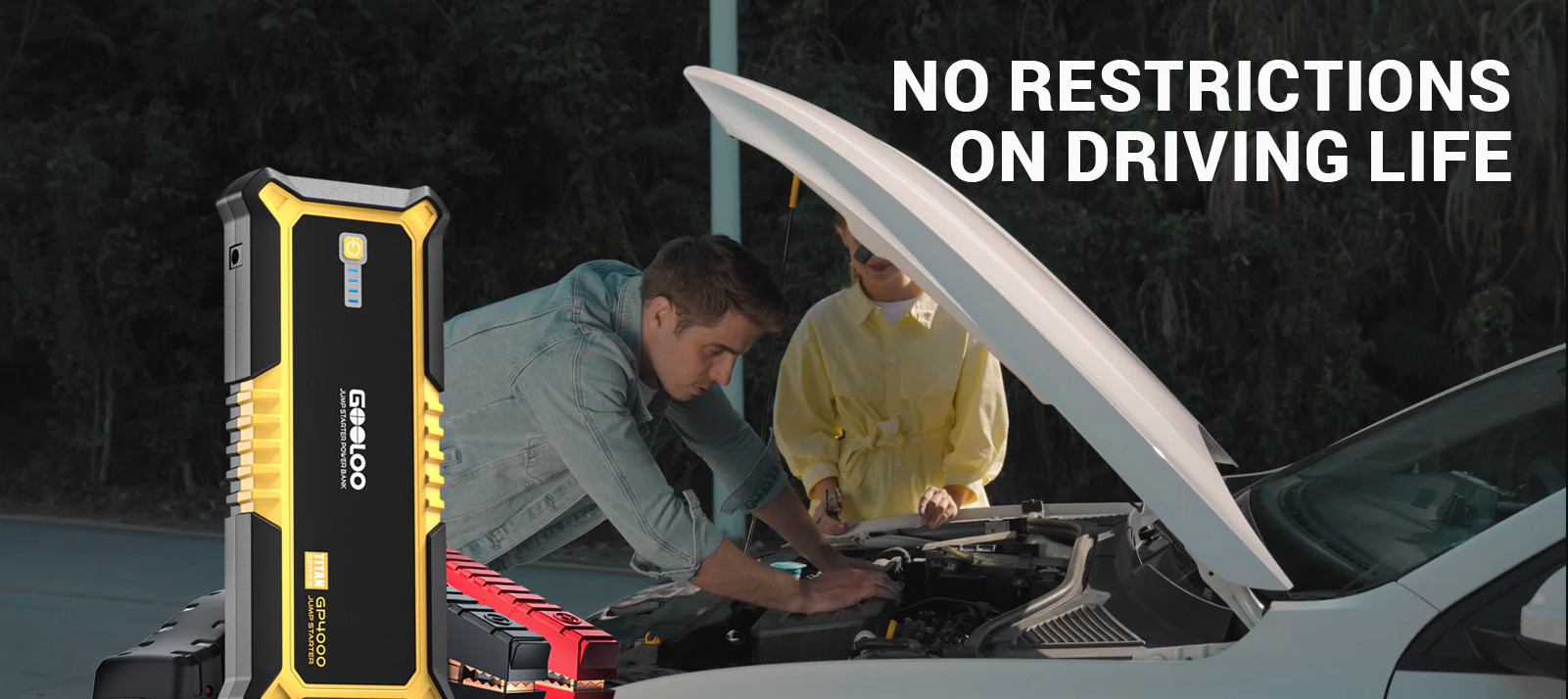Battery Undercharging: Causes, Effects, and Solutions
In today’s world, batteries power everything from our mobile devices to electric vehicles. But what happens when these batteries are consistently undercharged? Battery undercharging can seriously impact performance, lifespan, and reliability.
Let’s dive into this topic, exploring what causes undercharging, its effects, and practical ways to prevent it.
This guide is designed to be a comprehensive, SEO-optimized resource to help anyone looking to understand and tackle battery undercharging.
What is Battery Undercharging?
Battery undercharging occurs when a battery does not reach its full charge capacity. This means that it’s storing less energy than it could, which directly impacts its ability to function effectively. While a one-time undercharge might not harm the battery, repeated undercharging can lead to severe issues over time. The result? Shorter battery life, reduced performance, and potential failure.
Why Does Battery Undercharging Happen?
Understanding the reasons for battery undercharging can help in identifying preventive measures. Here are the most common causes:
- Insufficient Charging Time
Batteries need a set amount of time to fully charge. If charging is interrupted, the battery doesn’t reach its full potential. For example, frequently charging your smartphone for just 10 or 15 minutes at a time could lead to undercharging. - Inadequate Charging Voltage or Current
Each battery has specific requirements for charging voltage and current. If the power source doesn’t meet these requirements, the battery won’t charge properly. Using a low-powered charger or plugging your device into an underpowered outlet can contribute to this issue. - Faulty Charging Equipment
Chargers, charging cables, and power adapters all play a vital role in the charging process. Faulty equipment can restrict the flow of electricity, causing the battery to receive less charge than it needs. - Frequent Short Trips in Vehicles
For vehicle batteries, short trips are a frequent culprit. Each time a vehicle starts, it uses a substantial amount of battery power. If the engine runs for only a few minutes, the alternator doesn’t have time to replenish the battery’s charge, leading to undercharging over time. - Parasitic Drains
Some electronic components can draw power from the battery even when the device is off, causing a slow discharge. In vehicles, for instance, alarms and electronic locks are common sources of parasitic drains. If the battery isn’t regularly recharged, it can lead to chronic undercharging. - Old or Worn Battery
Over time, batteries lose their ability to hold a full charge. In older batteries, this natural wear and tear make it harder to achieve a full charge even with proper equipment and charging conditions.
The Impact of Undercharging on Battery Life and Performance
Undercharging a battery doesn’t just limit its current capacity; it can also cause long-term harm. Here’s how:
- Reduced Battery Life
When batteries are frequently undercharged, the capacity they can store decreases. This is particularly problematic for lead-acid batteries, as undercharging causes a buildup of sulfate crystals on the battery plates, a process known as sulfation. Over time, this reduces the battery’s overall lifespan. - Decreased Performance
Undercharged batteries simply don’t have enough stored power to deliver peak performance. This could mean slower performance in devices or difficulties starting a vehicle engine. - Increased Internal Resistance
A battery’s internal resistance naturally increases with age and repeated undercharging. Higher resistance means that the battery will require more time and energy to recharge fully, further compounding the undercharging issue. - Increased Risk of Battery Failure
Undercharging, if left unchecked, can eventually lead to a complete battery failure. The battery may become unable to hold any charge at all, requiring a replacement.
Types of Batteries Most Affected by Undercharging
Different battery types respond to undercharging in different ways. Let’s look at how undercharging affects some of the most common types:
- Lead-Acid Batteries
Commonly found in vehicles and backup power systems, lead-acid batteries are particularly susceptible to undercharging. Sulfation is a frequent problem, causing permanent damage if not addressed. - Lithium-Ion Batteries
Used in phones, laptops, and electric vehicles, lithium-ion batteries suffer from reduced capacity and performance with repeated undercharging. While they’re more resilient than lead-acid batteries, undercharging still shortens their lifespan. - Nickel-Based Batteries
Nickel-cadmium (NiCad) and nickel-metal hydride (NiMH) batteries are also prone to memory effects, where their capacity shrinks if they’re not fully charged. Undercharging can hasten this effect.
Solutions to Avoid Battery Undercharging
Now that we understand the causes and impacts, let’s look at some effective ways to prevent battery undercharging. Implementing these solutions can significantly improve battery performance and longevity.
- Use an Appropriate Charger
Each battery type has specific charging requirements. Using the right charger ensures the correct voltage and current for an optimal charge. For example, charging an electric vehicle with a low-powered outlet can lead to undercharging. Investing in a compatible charger is essential for long-term health. - Allow Full Charge Cycles
Letting your battery charge fully at least occasionally can help restore its maximum capacity. For phones, laptops, and other devices, try to let the battery reach 100% every so often, especially if it’s been frequently topped off. - Avoid Parasitic Drains
Parasitic drains can cause slow battery discharge. For vehicles, regularly check for components like alarms and GPS trackers that may drain the battery. Disconnect unnecessary accessories when the vehicle is off, especially if you don’t drive frequently. - Regular Maintenance for Lead-Acid Batteries
Lead-acid batteries require occasional maintenance. Adding distilled water, cleaning the terminals, and checking the charge levels can help reduce the risk of undercharging. Regular use of a “smart” battery charger can also prevent sulfation. - Charge After Short Vehicle Trips
If you often take short trips, consider using a trickle charger to maintain the battery’s charge when parked. Alternatively, try to take longer trips occasionally to give the alternator time to recharge the battery fully. - Replace Aging Batteries
Older batteries may have difficulty holding a full charge due to natural wear and tear. Replacing the battery when it shows signs of aging (like needing more frequent recharges) can save you from sudden failures.
Frequently Asked Questions about Battery Undercharging
Q: How can I tell if my battery is undercharged?
Answer: Signs of an undercharged battery include dim lights (for vehicles), reduced performance, and the need for frequent recharges. In some cases, a voltmeter can measure whether the battery is at its full charge.
Q: Can an undercharged battery still work?
Answer: Yes, an undercharged battery can still work, but it will perform at a reduced capacity. Over time, frequent undercharging can lead to permanent damage.
Q: Is undercharging worse than overcharging?
Answer: Both undercharging and overcharging can damage a battery. Undercharging leads to sulfation in lead-acid batteries and decreased performance in lithium-ion batteries, while overcharging can cause overheating and reduce battery life.
Final Thoughts on Battery Undercharging
Battery undercharging may seem like a minor issue, but over time, it can lead to major performance and durability problems. By understanding the causes and impacts of undercharging and taking proactive steps to address it, you can extend the life of your batteries and enjoy better performance from your devices and vehicles. Whether you’re charging a smartphone, a car, or backup power storage, proper charging habits are essential for long-term efficiency and savings.
Taking care of your battery is an investment in the future—save time, money, and frustration by charging smart!




